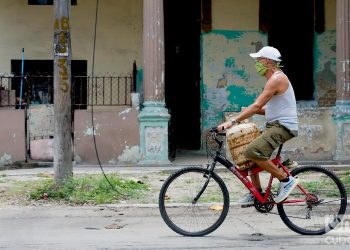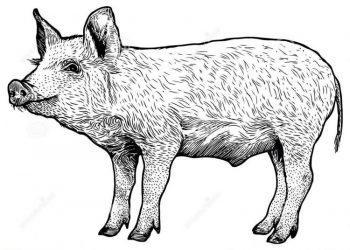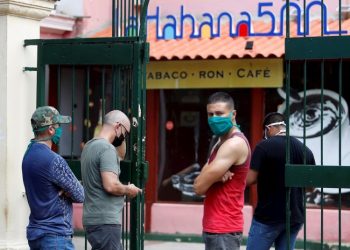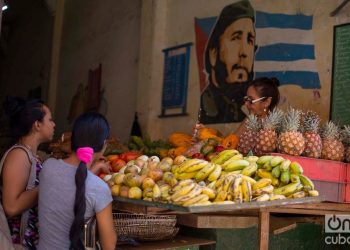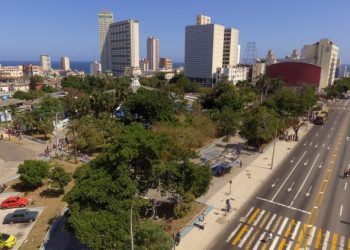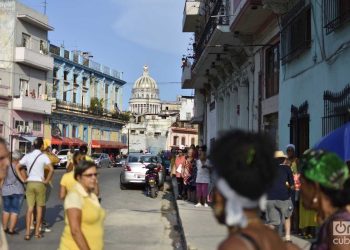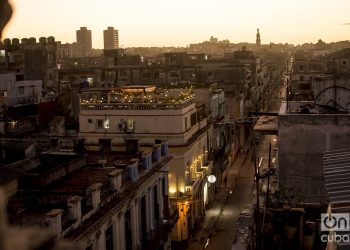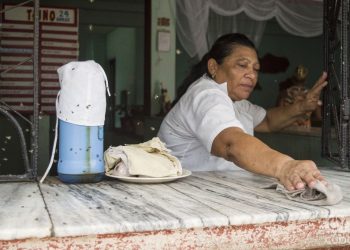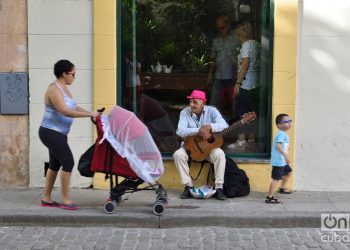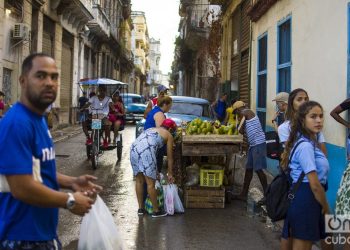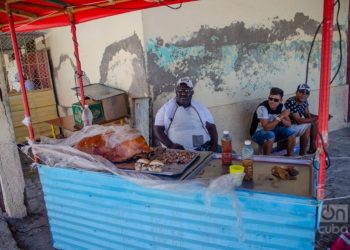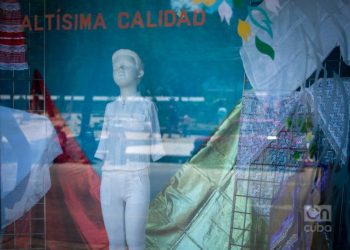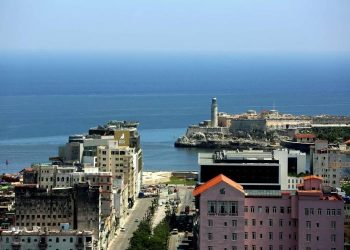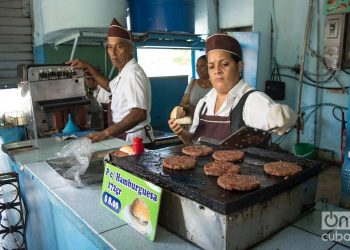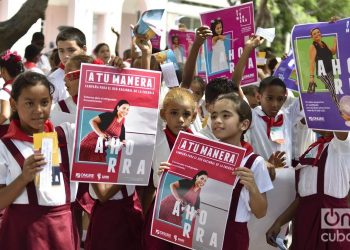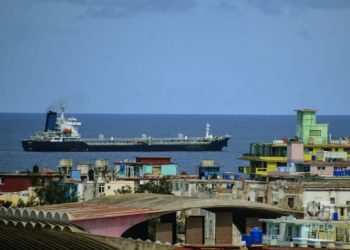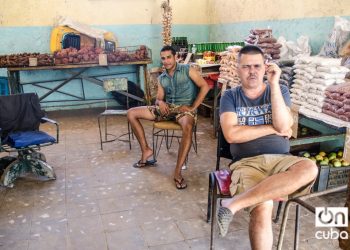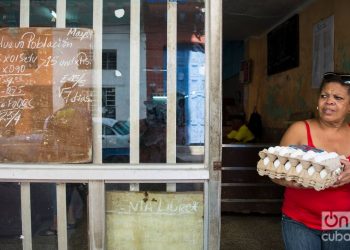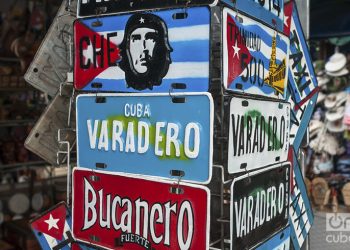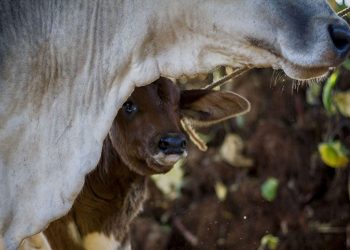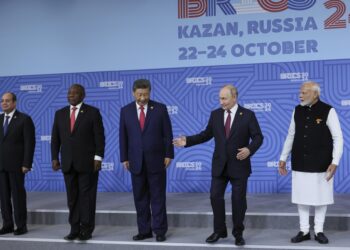“Respond with different actions.” It wasn’t for lack of ideas
This pandemic has caused us to look again at the documents that, for more than 10 years now, have been built on, discussed and approved, as a guide for all the process of transformations that should lead to “the liberation of productive forces.” Those documents, public and known to all, were: Guidelines of the 6th Congress of the PCC Guidelines of the 7th Congress of the PCC Conceptualization of the Cuban Economic and Social model of socialist development Bases of the National Development Plan for 2030 and strategic focal points All of them were agreed from the highest leadership of the Party and the State to the very neighborhoods, all were discussed and approved by the deputies to the National Assembly of People’s Power in its different sessions, some, like the guidelines, became mandatory reference in any report of any organization, political, mass, business. It was almost a ritual to report which guidelines were met when an enterprise or organization gave its annual or semi-annual balance report. Those documents were, moreover, built from science, with the participation of diverse scientists, political scientists, philosophers, sociologists and….even economists, because certainly the economy is something so serious and has such different impacts that...

